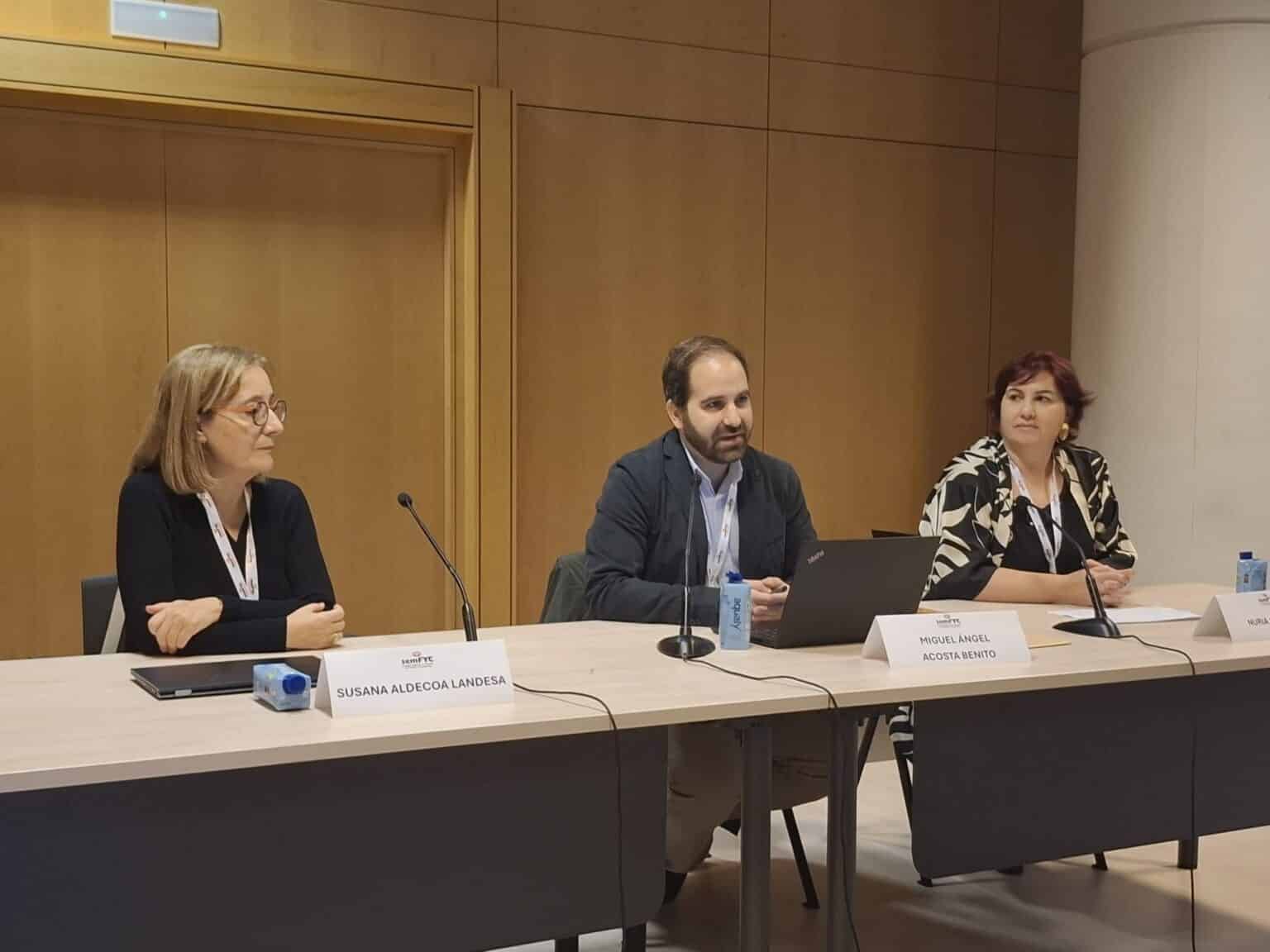In a notable advancement in elderly care, five health centers in Spain have been awarded the prestigious accreditation as Age-Friendly Health Centers for Older People (CSAPM). This distinction, granted by the Spanish Society of Family and Community Medicine (semFYC), aims to improve the care and well-being of older people by adapting spaces and processes to their specific needs.
The accredited centers include Los Ángeles and Las Ciudades Health Centers in Madrid, Tudela Este and Tudela Oeste Health Centers in Navarra, El Palo Health Center in Málaga, and Benetússer Health Center in Valencia. These centers are pioneering by being the first to receive this certification, validating their commitment to the autonomy and active participation of older people in the community.
Miguel Ángel Acosta Benito, project coordinator and family physician, emphasized the need to integrate person-centered care for older people into the daily practice of health teams. “Promoting healthy aging is a shared responsibility that starts in our health centers,” he stated.
This Age-Friendly Health Centers program is inspired by a global movement by the World Health Organization (WHO) on Age-Friendly Cities and Communities for Older People. It aims to systematize accreditation criteria that evaluate the quality of care, accessibility, and participation of older people in the healthcare system.
During the first edition of the program, applications were evaluated according to a technical guide that covers seven domains of quality, from strategic planning to staff training and older people’s participation. Accredited centers will receive an official certificate reflecting their level of compliance in these aspects.
The established accreditation categories range from Bronze, which requires a minimum score of 80 points, to Platinum for those exceeding 300 points. In this first call, El Palo Health Center in Málaga stood out by achieving the Platinum category, displaying their commitment to providing age-friendly care for older people.
The presentation of these recognitions took place at the semFYC Family Medicine Congress, where the implementation of age-friendly principles in care was discussed. Furthermore, a new call for applications for 2026 was announced, with the aim of expanding this model to more centers nationwide.
Susana Aldecoa, vice president of semFYC and project coordinator, emphasized the urgency for health centers to incorporate these principles into their organizational culture, highlighting that active and healthy aging will be a priority challenge in the face of the growing elderly population.
Referrer: MiMub in Spanish











